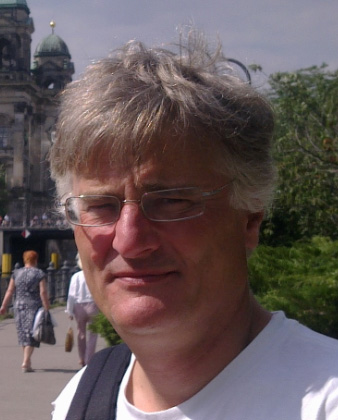- Departments
- Microsensor Group
Microsensor Group
Group leader
MPI for Marine Microbiology
Celsiusstr. 1
D-28359 Bremen
Germany
|
Room: |
3202 |
|
Phone: |

We study microbial ecology in a wide range of environments: seep systems, deep-sea and coastal sediments, coral reefs, anoxic lakes, microbial mats, animal-associated microbes and more. The research is highly diverse, encompassing themes of photosynthesis, nitrogen and sulfur cycling, calcification, habitat mapping, ecosystem productivity and cell physiology.
Most themes involve the study of the functioning of intact microbial communities with non-invasive methods that allow as direct an observation as possible. To this end, we develop, construct and use microsensors for laboratory and in-situ measurements. These tiny sensors, typically made of extruded glass, have tip sizes in the order of 5-50 μm and can rapidly measure chemical fluxes caused by cells.These microsensors are also applied towards measuring ecosystem fluxes with the eddy covariance technique. We also develop and use several imaging technologies to non-invasively map the function and describe the structure of habitats. The technologies we employ are hyperspectral imaging, planar optode imaging and beta radiation imaging. Naturally, we combine these non-invasive studies with laboratory analyses such as photopigment and gas chromatography, isotopic incubations. nutrient analyses, etc.
Together with the MPI workshops, we continuously strive to develop novel methods, and apply them in our research. We collaborate widely with other institutes and with groups within the institute to share knowledge and ideas.
More details are available in the project and technology pages.